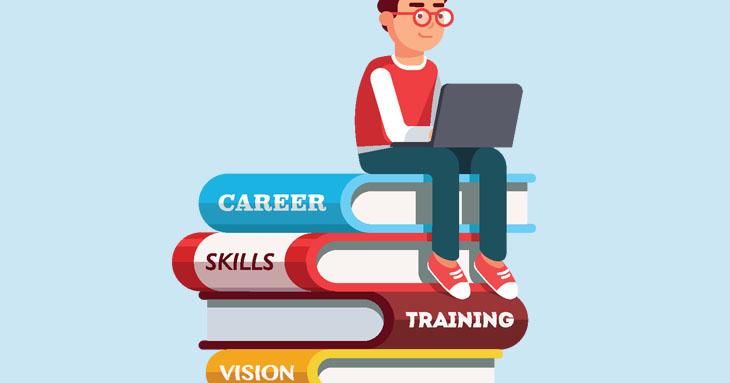-
Finding Money for Grad School
If you’re a college graduate — or soon will be — there are reasons to consider earning an advanced degree. While it’s not the path for everyone, for career-minded students who are deciding to enter postgraduate programs, certain facts are persuasive. Indeed, the number of graduate students in the United States has tripled since the 1970s. According to a CareerBuilder survey of employers, 33 percent are hiring candidates with master’s degrees for positions that had been primarily held by professionals with four-year degrees.
-
How to Start an AISES Professional Chapter and Keep it Growing
A vital facet of the AISES network is its growing number of AISES Professional Chapters. These affiliate organizations offer support and opportunities to members nationwide as they navigate their career paths. The chapters’ ongoing activities and contributions at the local level are the grass-roots foundation of the AISES mission. From serving as role models to helping their communities and organizing professional development events, AISES Professional Chapter members are leading advocates for the advancement of Native students and professionals.
-
What you really need to pack for college
So it’s time to pack for college. It can seem like a daunting task, especially if it’s your first time living away from home. Here are some straightforward steps to help get you started.
-
Smart Native Ways to Carry Burdens
The world today is full of opportunities, yet it can also be challenging to navigate. When it comes to developing effective coping strategies, Native youth have a deep resource — the traditional knowledge that kept previous generations strong through adversity.
-
How to Map Your Academic Plan
At some point during your educational career, you’ll need to figure out how to get where you’re going. Enter the academic plan — it’s the map to your educational goals. With a plan, you can see the path you need to take to get where you want to go. Academic plans can be incredibly useful in helping you stay on track, regardless of what comes your way. Since every student is different, every academic plan is too. Here are some ways to create an academic plan that works for you.
-
The Presentation Skills You Really Need
At some point in your professional career, there’s a good chance you’ll be giving a presentation. For some professionals, this is a common occurrence; for others, it’s something that happens relatively infrequently. But whether you’ve given five presentations — or 500 — there are certain skills you need to have. Here are a few tips to make your next presentation the best yet.
-
Top Five Study Skills of “A” Students
Have you ever looked at a student who’s known for getting As and wondered, “How do they do it?” When you’re not the A student — but you’re trying to be — every little insight can help. Top students don’t just inherently know everything, they’ve also refined their study skills and know how to use their time effectively. The best part is, you can learn the same study habits they use to get those straight As!
-
How to Be a Strong Team Member (Even Non-extroverts)
As working professionals, we would be hard pressed to find jobs that don’t require some form of teamwork. Instead, working on teams — both large and small — has become an integral part of workplace culture. And while some of us find it easy to be a strong team member, for others — such as introverts — it can be a struggle. Thankfully, being a strong team member just takes practice.
-
Preparing for Behavior-Based Interviews
If you’ve gone on any interviews recently, you may have noticed a change in the way questions are asked. No longer are the questions simply “what are your strengths and weaknesses?” Now many interviews begin along the lines of “tell me about a time when…” Whether you’ve already experienced the second type of questions or are just learning about them, there’s a good chance you’ll encounter them in a future interview.











